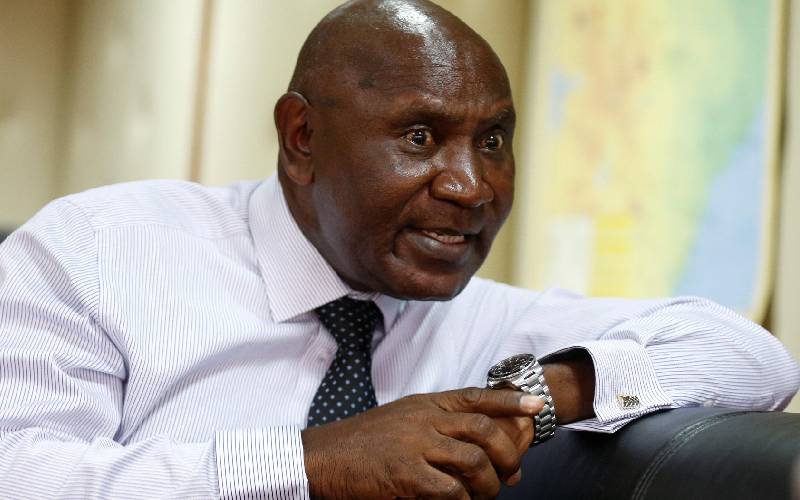×
The Standard e-Paper
Stay Informed, Even Offline

Auditor General Edward Ouko. [File]
Eleven counties may have spent Sh3.8 billion on functions outside their mandate. These include outright illegalities and national government roles.